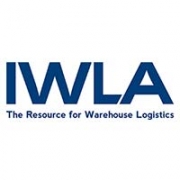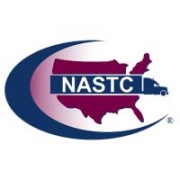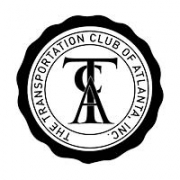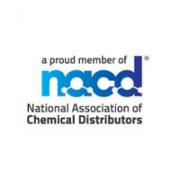Hiring Advantages During the Pandemic
Georgia boasts having the fourth largest port in the nation and now more than ever we are focused on the supply chain in general. One thing the logistic industry has struggled with is to fill vacant positions especially in the last few years with record low unemployment rate. The covid-19 pandemic shuttered businesses and has displaced entire industries of employees, thus swinging the pendulum severely in the other direction. In the past 7 weeks 33 million people have filled for unemployment benefits bringing the unemployment rate to 20%. We have not seen numbers like these since the great depression. The question is how the logistic industry utilizes this shift to not just find talented employees but also retain them when other opportunities present themselves again.
Restructure existing positions
The issue with the newly unemployed is they may have advanced skills in their current industry; however, logistics may be completely new to them. Many of the positions in logistics require technical skills so now might be a good idea to promote from within. Training existing employees to fill advanced roles will free positions in the entry level category. This gives you an opportunity to capture a talented employee who is can be brought up to speed quickly. Now might be a good time to start an internship or training program. There are high school and college seniors who are eager to join the work force and transitioning employees who might feel more comfortable applying if they are certain adequate training will be provided. The WOTC tax credit will apply to more applicants now and will help offset the cost of additional training. These programs would introduce logistics that would motivate those ready to enter and remain in the industry. The more skilled employees can delegate the simpler tasks to the interns allowing them to complete more of the difficult tasks.
Finding the diamonds in the rough
With a sea of candidates, how do you determine which ones to hire? Start with alignment. One of the best features of an entry level logistics position is the room to grow has no limit. If you find someone who values growth with a company or an industry they will flourish. If the industry they came from collapsed they will be looking for a position with growth potential. Many interviews start out with a list of questions and as they wrap up the interview, they ask “do you have any questions for me?”. If you flip that around and start with “before we get started do you have any questions about the company or the position?” that will give the candidate a chance to show you what is important to them. What you want to hear are questions about the potential for career advancement or job security. In addition to direct questions general questions about the team, management and work itself are a good sign. The best hires care about the environment they are going to be working in since they hope to stay long term. When it is time to ask them questions really take the time to find out as much about there core beliefs as you can. Their experience is not as important with a transitioning employee. Determining if they are open to learning a skill and starting from square one is more important in this instance. Especially for candidates that were managers or executives in their past jobs, this will be a major change for them. Ask the candidate to give examples of how they have been able to adapt, grow or embrace change in their last position.
Reaching a new audience
Job boards are a helpful tool in finding employees but relying on job boards may not pull all the possible applicants. This is time to get creative about reaching a broader audience. Facebook has a job section that is easy to access through your business page and can draw in a surprising number of applicants. In addition to the job posting it is a good idea to post about open positions on the man page as well and encourage your audience to share it with their network. Now is a good time to use the boost feature to reach past your network. Two ways to really drive results is to offer a referral program or promote a job fair with “same day hiring process”. Another way to appeal to those who have been out of work for some time is to offer more immediate pay. Typically, people will have to wait two weeks for a paycheck and that can present challenges for those who have taken a finical hit. Paying for transportation to work, new work clothes and lunches away from home may be a struggle for some employees. There are a few different ways employers could appeal to candidates. Company’s could offer next day or weekly pay, provide a gas card for a new hire or provide employee meals for the first week or two.
Retention is the name of the game
Hiring right now has never been easier, but how do you keep those new hires once they have more options? Proper onboarding is a key to keeping employees’ long term. Statistically more than 50% of employees leave their job in the first and site lack of training as the reason. Introduce employees to the company, remind them of the benefits of staying with the company long term and engage them with other employees who have been promoted from within. Check in with new employees often to make sure the foundation of their employment is solid. Recognize employees good work, every level of employee wants to be shown they are appreciated. Employees who feel valued work harder and stay longer. If the candidate came onboard based on room to grow, make sure to they can achieve that. Offer ongoing training and provide promote from in opportunities to keep your staff motivated and loyal.
The covid-19 virus has impacted our way of life in so many negatives ways and that makes finding silver linings crucial. The logistic industry has taken hits as well, but in general has fared better than many industries and people looking for stability will now gravitate towards logistics. Finding and keeping great employees is a challenge we can overcome during this difficult time, take the opportunity to enhance your staff and help people flourish in a new industry.









